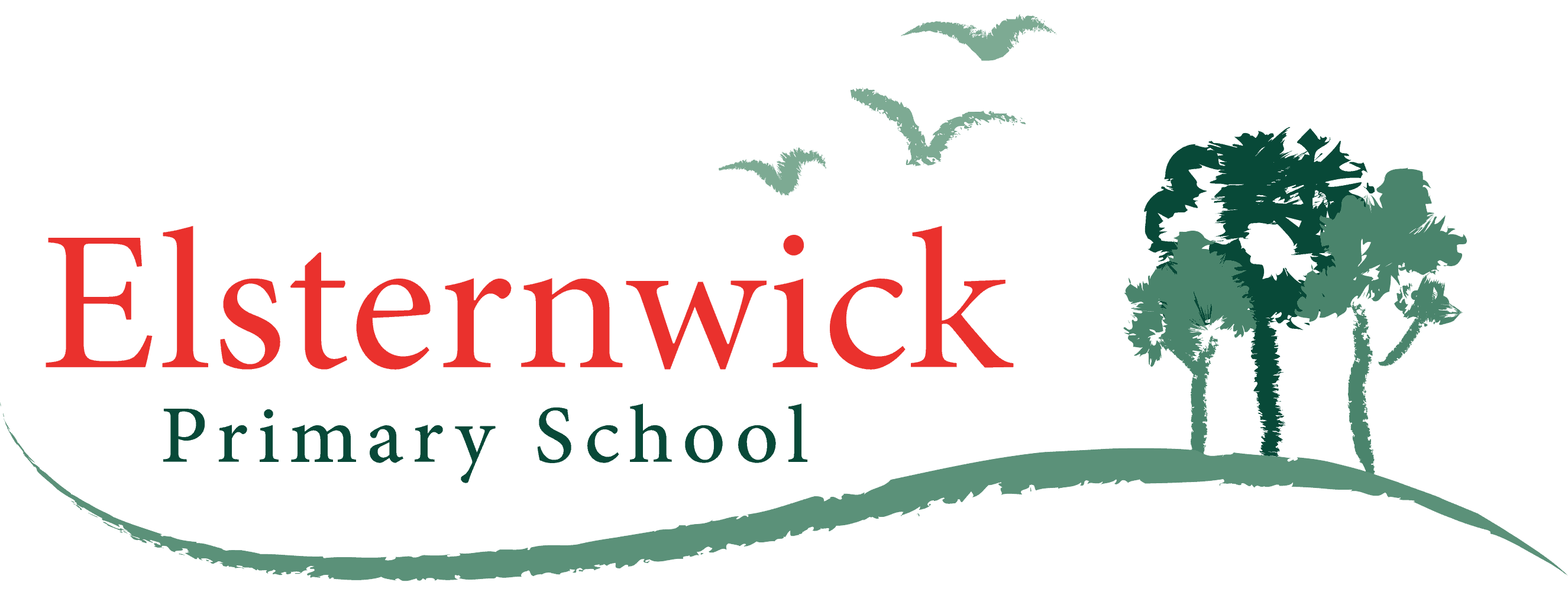Curriculum
At Elsternwick Primary School (EPS), we encourage students to be active agents in their own learning in addition to receiving instruction from our wonderful teachers. We believe a well-rounded primary school curriculum requires rigorous planning using evidence-based teaching strategies.
EPS is also a Professional Learning Communities (PLC) link school for the Bayside-Peninsula area and works as a system leader to help develop other schools’ professional learning programs.
Key Points:
- Learning builds on a student’s prior knowledge and prioritises Literacy and Maths.
- Complementing the Literacy and Maths programs is integrated inquiry learning, where students explore term-based ‘Big Questions’.
- Students participate in our STEAM (Science, Technology, Engineering, Arts and Math), Visual Arts, Performing Arts, Physical Education and Chinese specialist subjects.
- Everything we teach is carefully planned and taught using evidence-based teaching strategies, and we deliver the Victorian curriculum well above the Department of Education and Training guidelines.
Learner Assets
Researcher
Collaborator
Communicator
Thinker
Self –Manager
Contributor
Our staff:
Our teachers plan learning experiences with the understanding that learning looks different for everyone, and the ‘child as a learner’ remains our focus.
Our year-level teacher groups and curriculum teams regularly plan and evaluate teaching effectiveness and student learning. This includes participating in collaborative professional learning, observing and learning from each other in the classroom, and voicing perspectives on applying their professional learning.
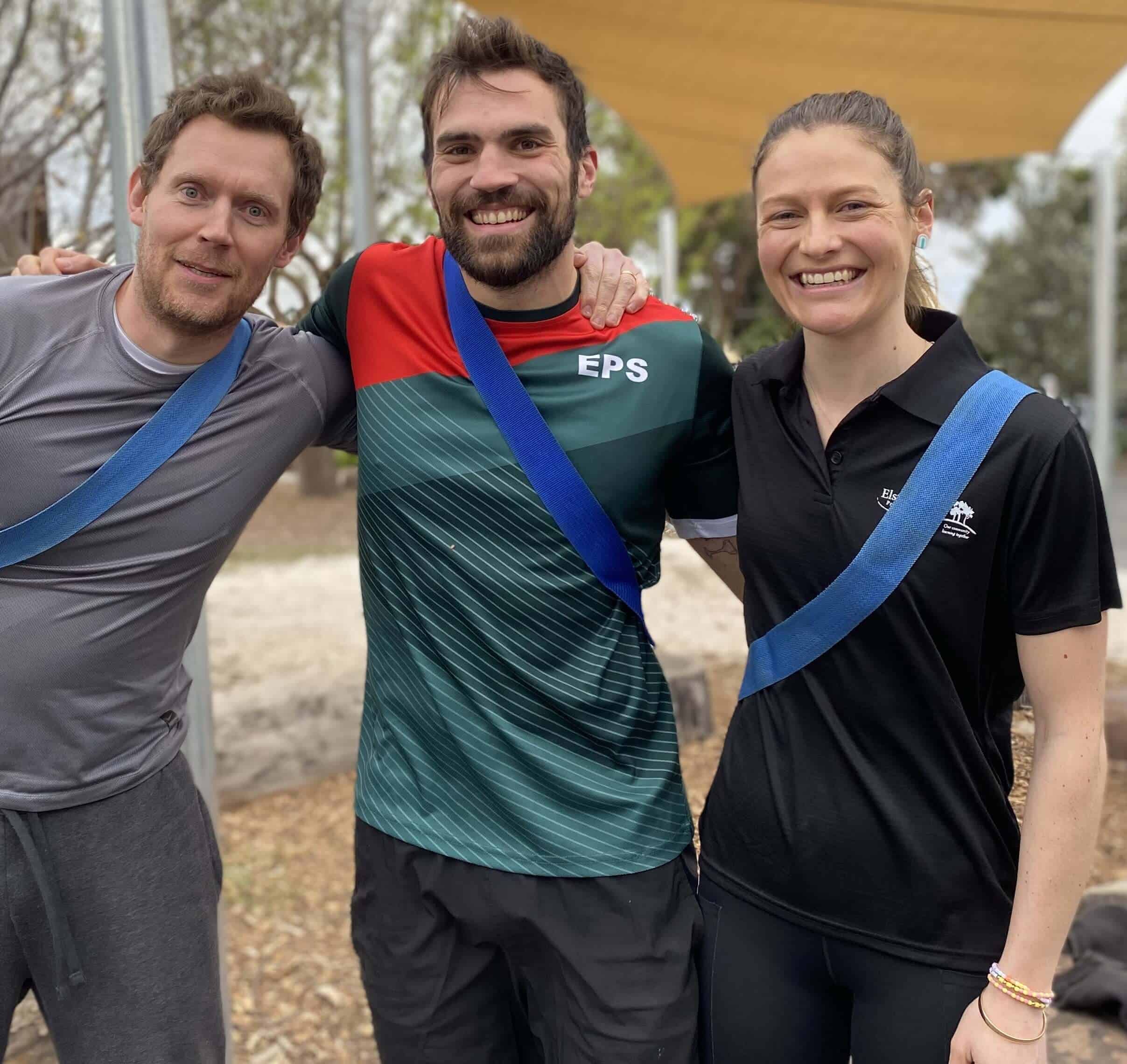
Learning at EPS
Complementing our Literacy and Maths curriculum are integrated inquiry units based on termly ‘Big Questions’. These are a vehicle for teaching other curriculum areas meaningfully, immersing students in real-life experiences and making their learning authentic and relevant.
Literacy
Helping our students become engaged readers, keen writers and confident communicators.
The two guiding principles of our literacy program are:
- Utilising current research and evidence-based teaching practices
- Providing students with books in their classroom libraries to foster a love of language, reading and writing.
We ascribe to the most current, credible, peer-reviewed research to inform all our teaching and learning, including the ‘Active View’ of reading (Duke and Cartwright, 2021):
Reading
At EPS, Students begin to learn to read from day one. They’re taught all their letters, the sounds each letter can make, and a range of strategies to support their journey to becoming a reader. These strategies allow students to make effective and informed reading attempts based on this learning.
At EPS, students are immediately immersed in books and bring home books to read in their red satchel within the first few days of school. They will bring home some books selected for them by their teachers and some books they choose because they are curious and interested in them.
Writing
We learn to write by writing. In class, students write every day. Students write about topics that express their ideas, interests, personal experiences and shared experiences at school. We also don’t underestimate the importance of oral storytelling and drawing in the planning process for writing, where students gather thoughts and new ideas.
Classroom libraries
We go beyond supplying great fiction and nonfiction books to our students; we actively create a reading environment by involving our students in the set-up, sorting and classifying of books, and making the classroom library a focal point.
Our classroom libraries have gained recognition from other schools, literacy groups, and educational organisations. They’ve visited our school to observe our libraries, engage in conversations with our teachers, students, and leaders, and glean insights from our experiences. Take a virtual reality tour of one of our classroom libraries in this walkthrough, commissioned by The Victorian Academy of Teaching and Leadership, which leads all of Victoria’s teacher professional development.
The school library and literary celebrations
We also have a dedicated and inspiring Library at EPS where students have weekly lessons run by their classroom teachers and can choose books to take home or add to their classroom libraries.
EPS also participates in the Premier’s Reading Challenge, encouraging students to record their reading efforts online. Since the Challenge began in 2005, more than 4 million students have read over 57 million books.
Book Week at EPS is full of exciting experiences celebrating books, authors, and everything literary. Every year, the Children’s Book Council of Australia (CBCA) promotes children’s literary experiences, including the CBCA Book of the Year Awards and a Book Week parade where the school community dresses as their favourite book characters and creates a literary-inspired classroom. There is also an annual Book Fair where students can purchase books with a percentage of the takings returning to the school.
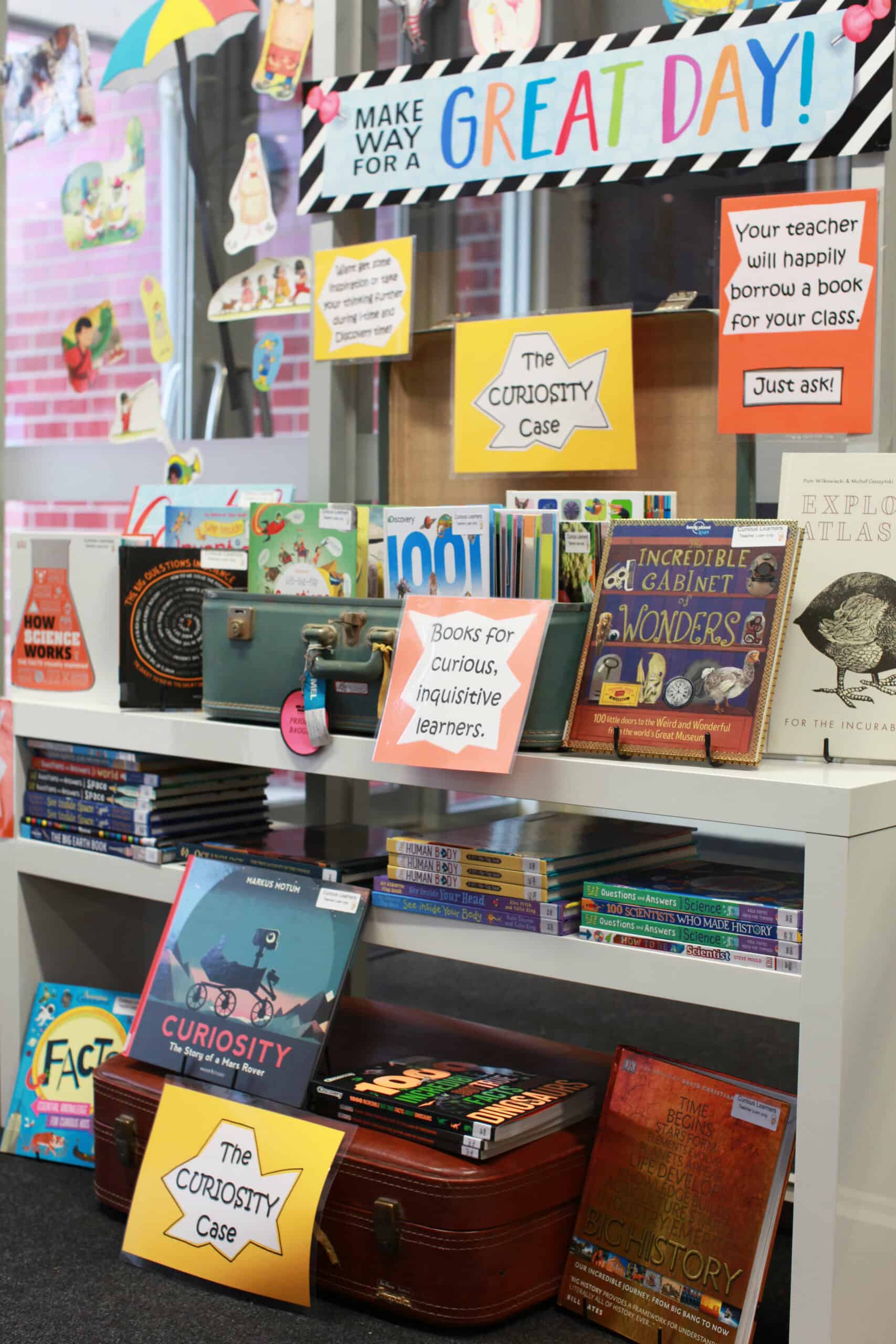
Mathematics
The ‘Four Proficiencies’ of Mathematics
Australian Mathematics Curriculum draws on ‘The Four Proficiencies’. These proficiencies help students respond to familiar and unfamiliar maths situations by choosing strategies to help solve problems.
The Four proficiencies are:
UNDERSTANDING
Students articulate why they need to do something a certain way.
REASON
Students develop a capacity to analyse and justify their thinking.
PROBLEM-SOLVING
Students apply and find patterns and contextualise what they do.
FLUENCY
Students know, recognise and recall certain ways of doing things.
How we use the proficiencies at EPS
We move between ‘concrete’ physical manipulatives (tangible things like blocks or counters) through the ‘pictorial’ (drawing what they’re doing) to the ‘abstract’ (writing the ‘number sentence’ or equation).
Moving constantly between these reinforces the Proficiencies and helps our students become flexible mathematicians. Research like that of Susan Jo Russel (2007) shows that students need to be flexible with numbers, see patterns, make connections and understand the real-world context of maths.

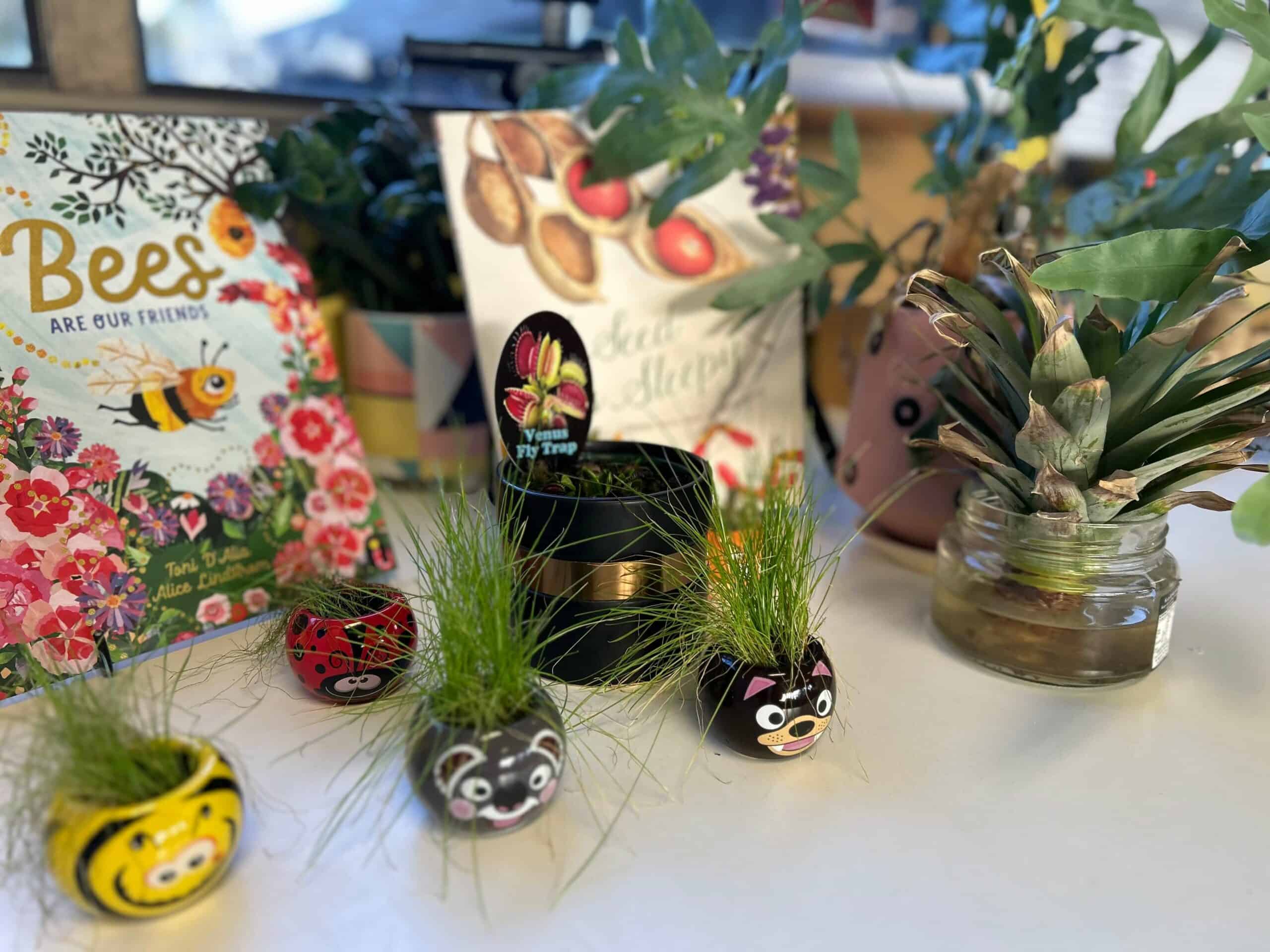
STEAM at EPS
We’re so proud of our STEAM (Science, Technology, Engineering, Arts and Math) program at EPS, designed to spark curiosity within the classroom, increasing students’ capacity to be independent, self-regulated learners who can transfer their learning and ideas to new situations. Linking STEAM with our inquiry ‘Big Question’ and literacy lessons encourages students to see the real-world relevance of the STEAM elements.
Why STEAM?
A recent case study (McMaster et al 2023) reaffirmed our commitment to our program by stating that introducing STEAM experiences earlier is critical to influencing children’s decisions to choose STEAM-related subjects and value learning in STEAM before they enter high school.
STEAM Opportunities
In addition to their classroom STEAM lessons, students have opportunities like:
- Designing and launching their own rockets through the Young Rocketeer Program facilitated by Inspire Robotics
- The Lego Spike Prime Challenge
- The inaugural ‘EPS Lego Masters’ in 2023, with assistance from Kaitlyn and Miller from Season 1 of Lego Masters on Nine
- Using our very own 3D printer
- Competing in the National RoboCup Jnr Soccer Championship
We’ve also:
- Spoken at The National Education Summit about our STEAM journey so far
- Been asked by an engineering firm (Arcadis) to co-create a primary school program to inspire young people to become engineers
- Hosted a STEAM Teacher Cluster meeting and Digital Playground events to showcase and share with other schools
- Secured a Federal Government Grant to cover Lego Soccer Cup (for Years 5/6)
Visual Arts
Our Visual Arts Program at EPS celebrates art appreciation. Our students communicate their ideas and feelings, discover art elements and principles, and practise the skills, techniques and processes of creating art inspired by an artist or an art style while encouraging individuality, creative thinking and problem-solving.
Students explore line, colour, shape, pattern and texture and experiment with media and materials such as drawing, painting, construction, collage, sculpture, textiles and printmaking.
Physical Education
EPS loves Physical Education (PE)! Our students participate in activities that foster friendship, listening, sharing, helping, negotiating and caring.
In PE sessions, students participate in a skills-based program preparing them for future sporting activities and the enjoyment of movement throughout their life. Areas of the program include ball skills, movement education, athletics, cross-country, swimming, fitness, minor games for students in Years Prep–2 and Major Games for students in Years 3 to 6.
Students explore line, colour, shape, pattern and texture and experiment with media and materials such as drawing, painting, construction, collage, sculpture, textiles and printmaking.
Performing Arts
Our Performing Arts program covers Music, Drama and Dance. Students use their voice, body and instruments to develop and grow their musicianship, ensemble and performance skills and confidence. Students learn to read and perform rhythmic and melodic notation, create and follow chord charts and even compose their own music!
Students develop their stagecraft skills, exploring how to create varying characters, roles, scenes and stories that convey meaning through movement, voice and dramatic play. Finally, students continue to expand their creativity through dance and movement, working to express fundamental and gross-motor movement skills whilst exploring varying dance cultures, genres and elements of dance.
Chinese (Mandarin)
Students engage in the Chinese language through spoken vocabulary and dialogue, songs, games, dance and written Chinese. Initial foundational language is taught in pinyin (Roman alphabet with tones) to ensure accurate pronunciation and understanding, with a progressive shift in the upper levels to commonly used Chinese characters (also known as Simplified Chinese).

Assessment and reporting
Accurate and comprehensive assessment helps improve student learning outcomes. It identifies areas of excellence and areas needing support. We use a range of formative assessments to observe and understand our students’ growth. Students set goals with teacher guidance and receive regular feedback on their progress.
Homework
Homework can consolidate our students’ classroom learning while fostering lifelong learning and study habits. Homework provides opportunities for students to take responsibility for aspects of their own learning.
Please see the Policy page for our Homework Policy.
